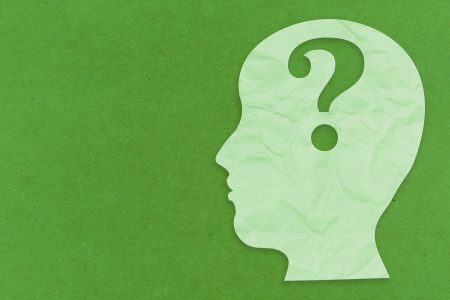Last week, Congress passed the Coronavirus Aid, Relief, and Economic Security (CARES) Act to support individuals and organizations impacted by the COVID-19 pandemic.
Among the bill’s many provisions are a handful of items pertaining directly or indirectly to mental health care. Given that the U.S. is already in the midst of a mental health crisis—with historically high rates of overdoses and suicides devastating families across the country—these provisions are essential to recovery efforts. They include:
- An end to harmful restrictions on patient information sharing. The CARES Act repeals existing restrictions in 42 CFR Part 2 that prohibited records for patients with substance use disorders (SUDs) to be shared with other health care professionals, thus making it difficult for providers to coordinate integrated, whole-person care. In some cases, the dangerous restrictions led to patients with SUDs being inadvertently prescribed addictive substances in emergency rooms or other settings simply because the treating doctors weren’t aware of the SUDs.
- $425 million for the Substance Abuse and Mental Health Services Administration (SAMHSA) to help meet increased need during the COVID-19 pandemic. This includes $250 million for community behavioral health organizations hit hard by the crisis, $100 million for mental health and substance use disorder emergency grants, and $50 million for suicide prevention programs.
- Expanded Certified Community Behavioral Health Centers (CCBHCs). Two additional states have been approved, making the national total 10. CCBHCs are non-profit organizations or units of local government behavioral health authorities that provide a comprehensive range of mental health and substance use disorder services to their communities. CCBHCs operate with an emphasis on crisis care, evidence-based practices, care coordination with primary care and hospitals, and integration with physical health care.
Unfortunately, the provisions don’t go far enough. Already, crisis support hotlines are reporting upticks in callers and users. Not only will more people need care for mental health and addiction challenges due to the consequences of isolation, unemployment, and increased anxiety, those who currently rely on regimented treatment programs and community supports are in serious danger of relapsing and/or going without critical care.
The Kennedy Forum believes the following actions, among others, must be prioritized to bolster the CARES Act and save lives:
- Requiring Medicaid to cover telehealth so that all Americans have access to mental health and addiction care; requiring employer health plans to reimburse telehealth as they would in-person treatment services; allowing greater flexibility for telephone (not just video) services and ensuring that mental health professionals can provide telehealth across state lines; and enforcing parity for coverage of mental health and addiction telehealth treatment services.
- Providing additional direct funding to mental health agencies and providers that have suffered financial hardship due to the pandemic, yet need to continue services; establishing a free national emergency mental health hotline; and expanding CCBHCs in every state. (The $425 million directed to SAMHSA in the CARES Act accounts for only about 0.02% of the total $2 trillion stimulus bill.)
- Removing policy barriers to mental health and addiction care that inhibit our ability to respond to the crisis. This includes eliminating waivers and patient caps for prescribing buprenorphine; ending the Institutions for Mental Diseases (IMD) exclusion, which prohibits Medicaid reimbursement for adults under 65 in residential behavioral health facilities with more than 16 beds; and ending the 190-day Medicare limit on inpatient psychiatric care.
As the COVID-19 pandemic progresses, our leaders will need to continuously adapt and respond to the needs of all Americans. This requires action, not just words. Policy plays a major role in ensuring people have access to much-needed mental health and addiction care. Please join us in demanding that the items outlined above be prioritized in the next round of legislation. Call or email your state representative to make your voice heard. You can find contact information here: https://www.house.gov/representatives/find-your-representative.
Has your health plan denied coverage for mental health and addiction treatment services? Visit www.DontDenyMe.org to learn more about your rights.

